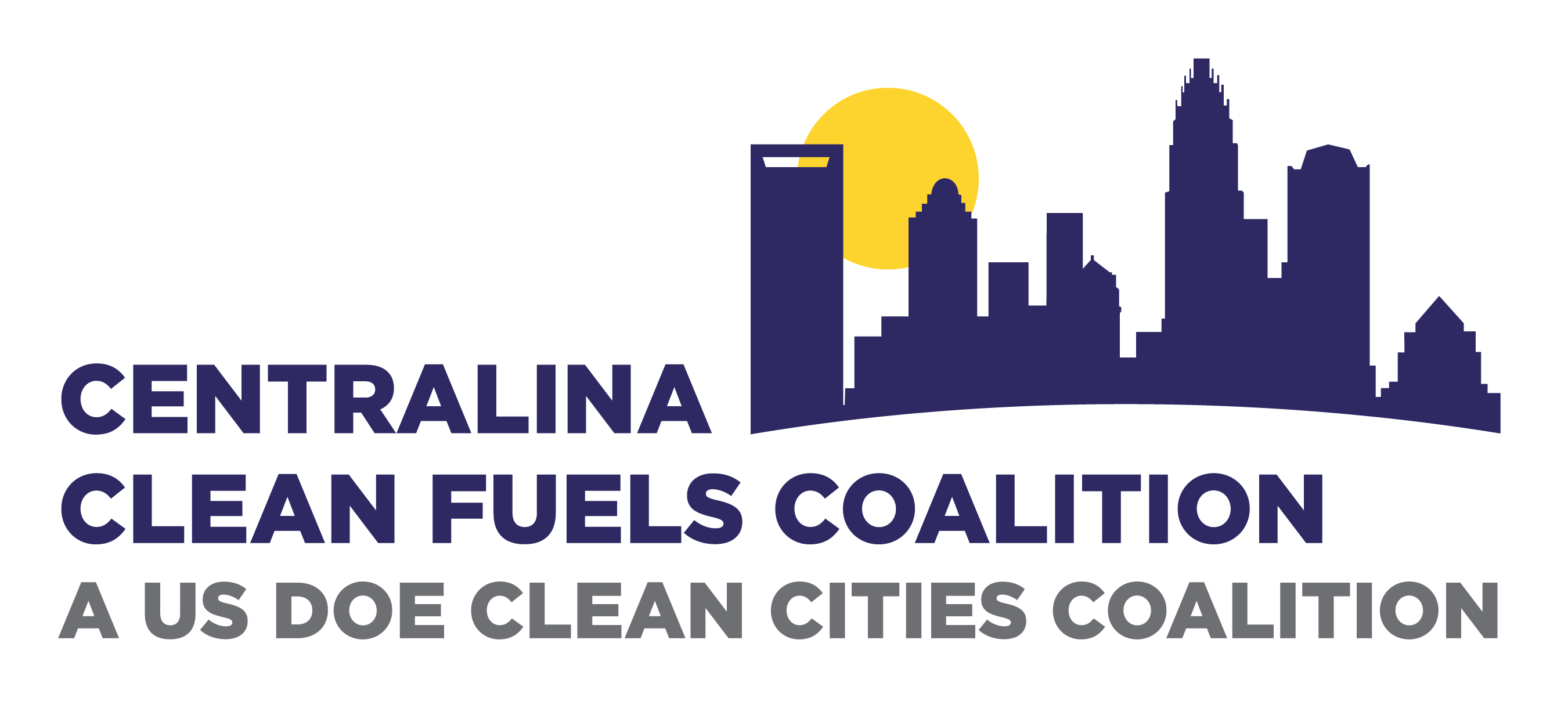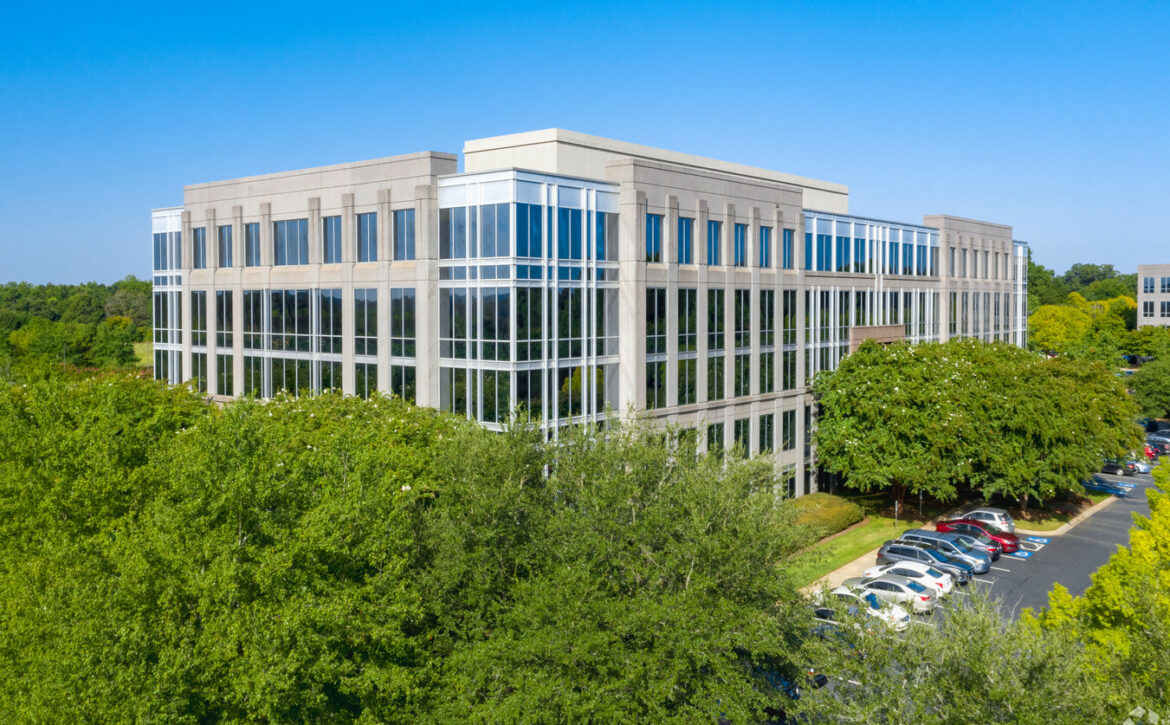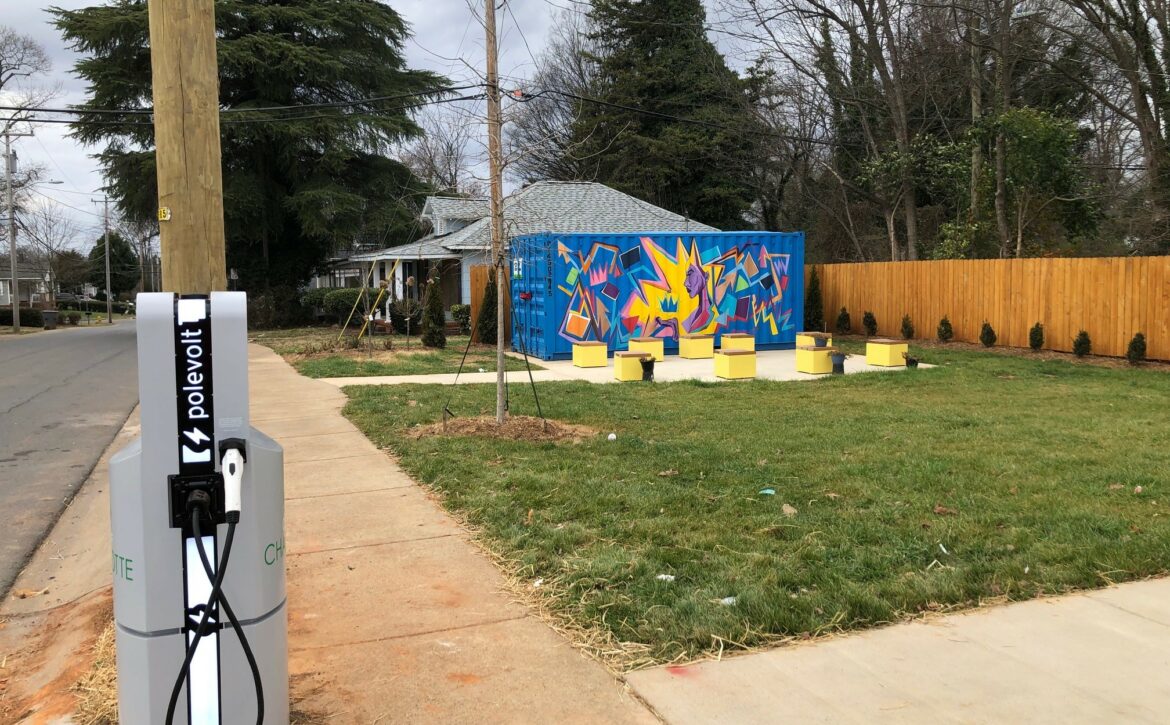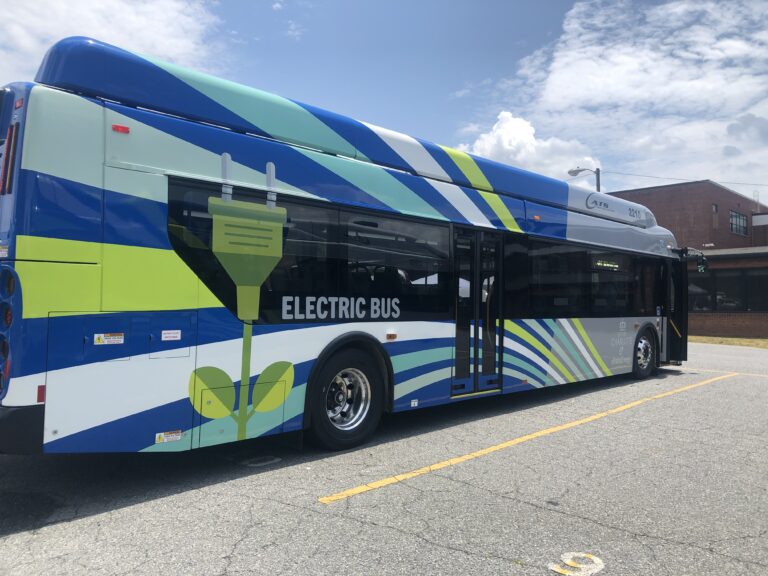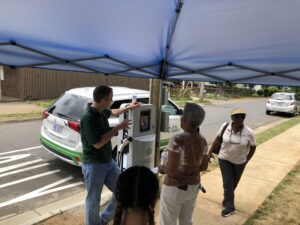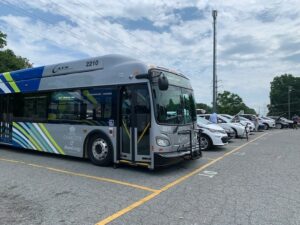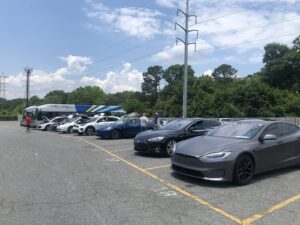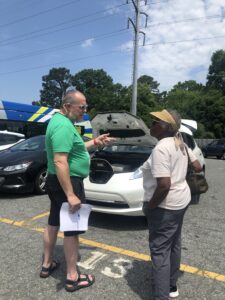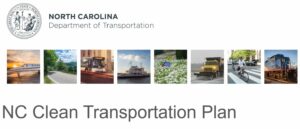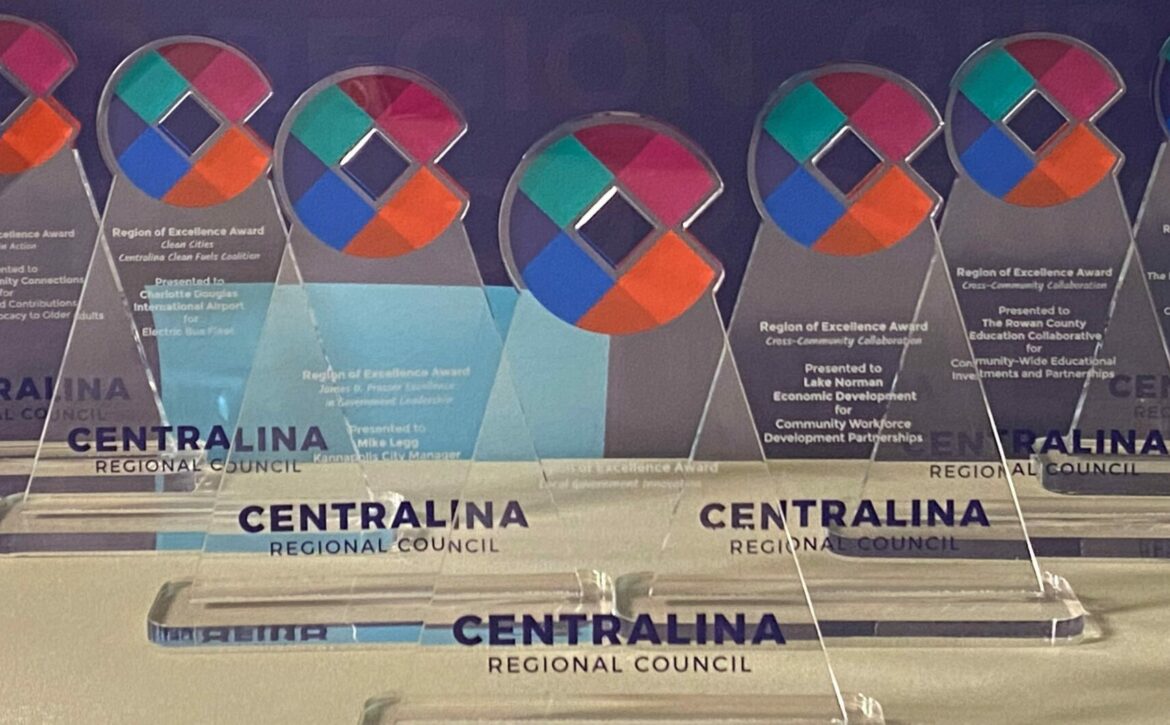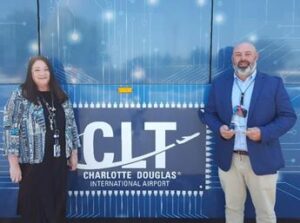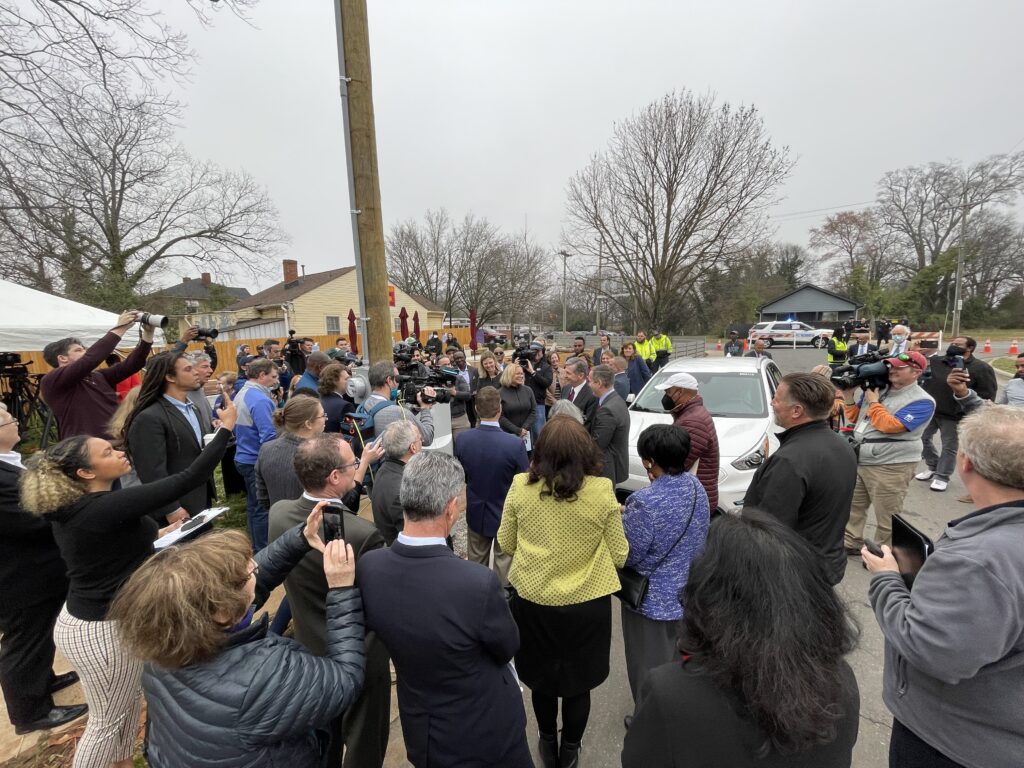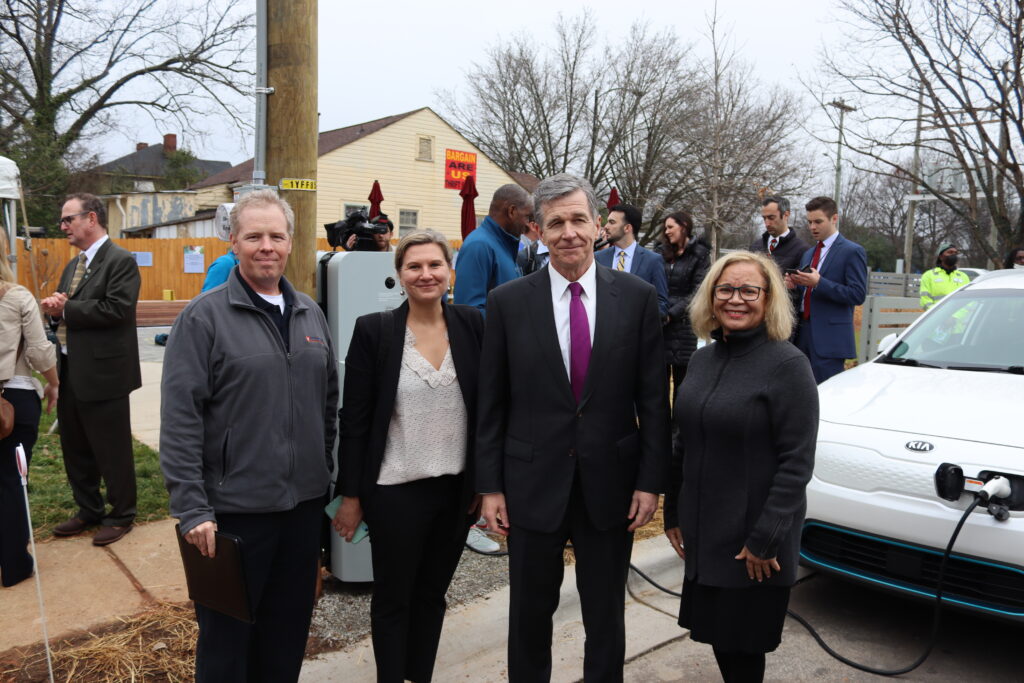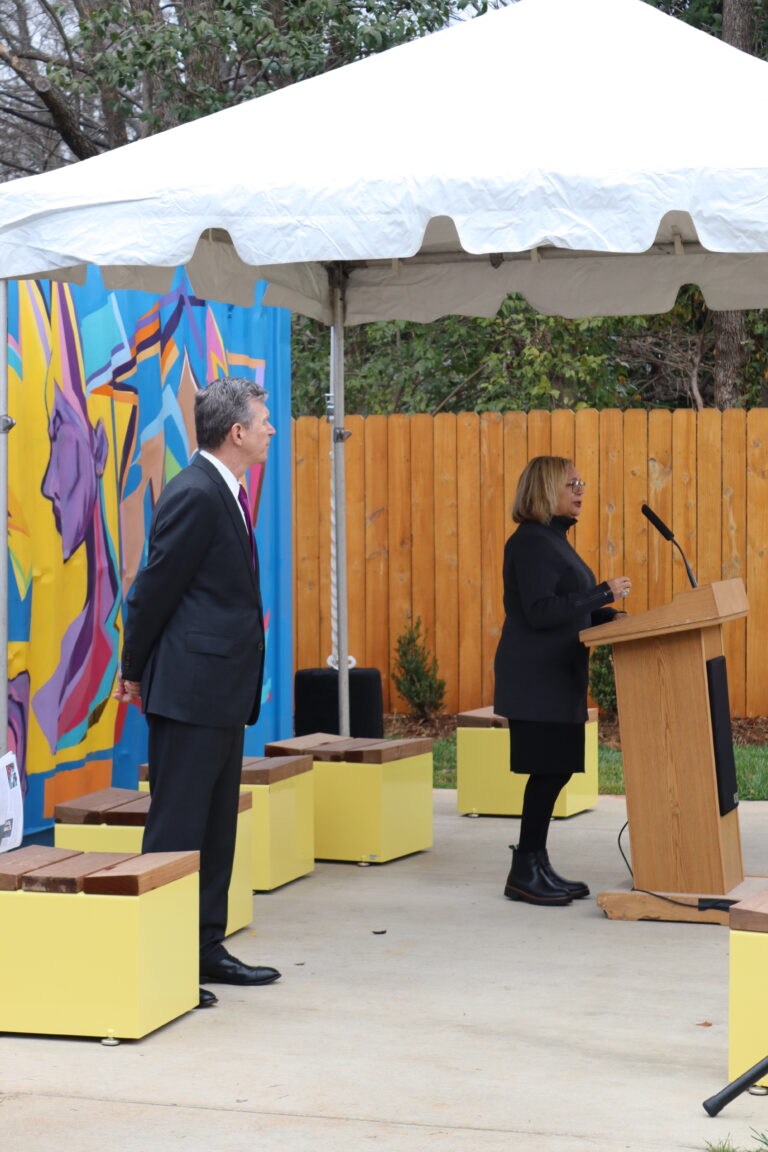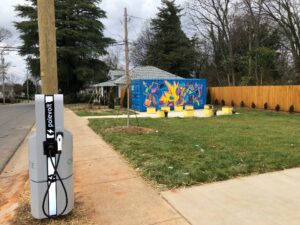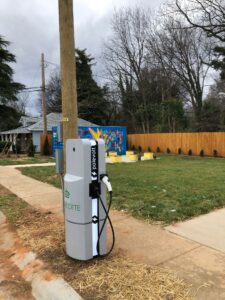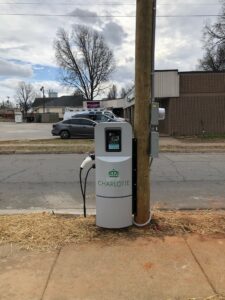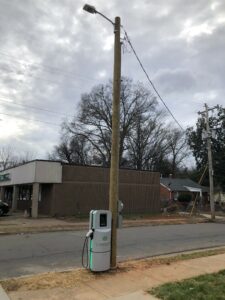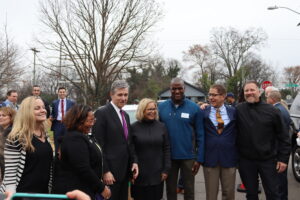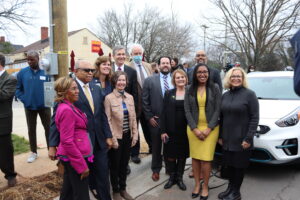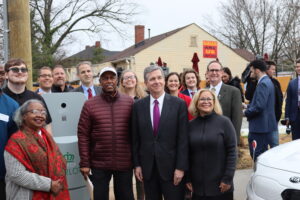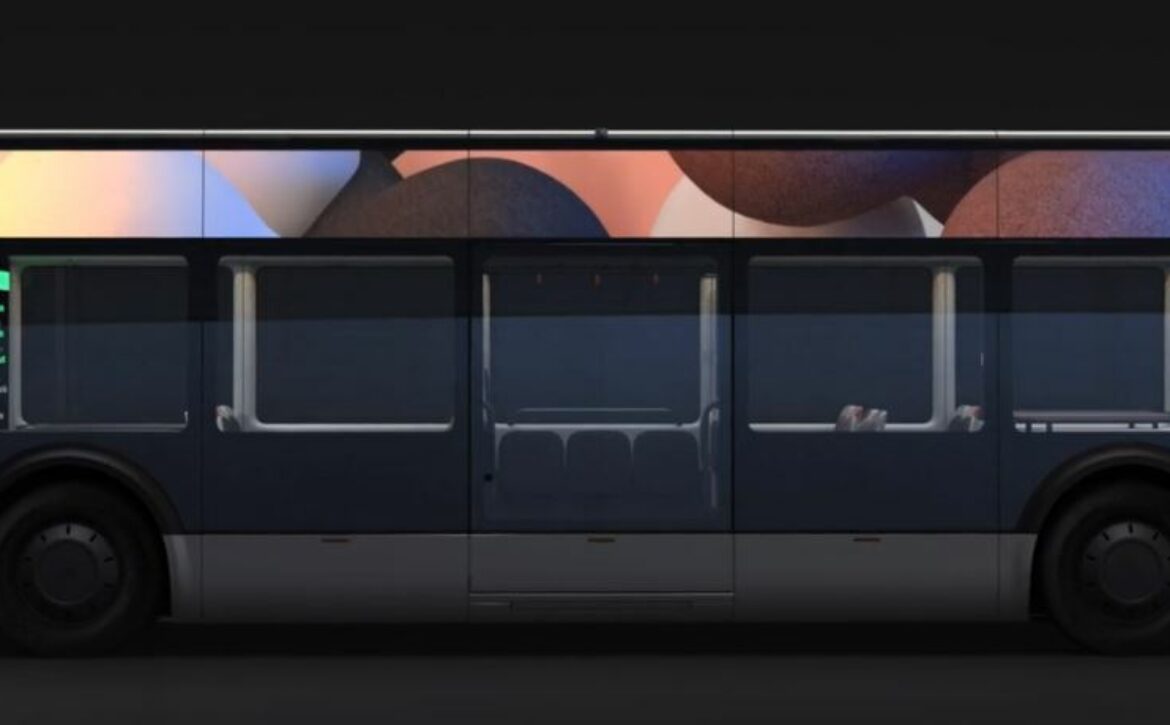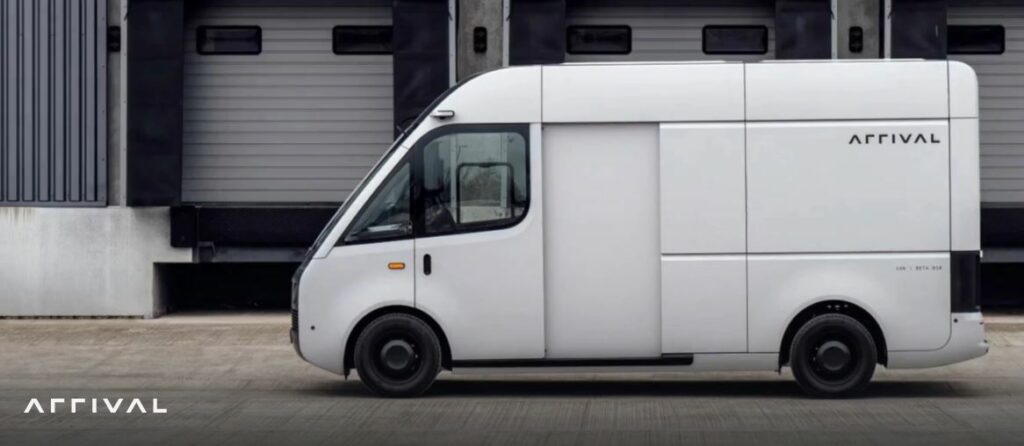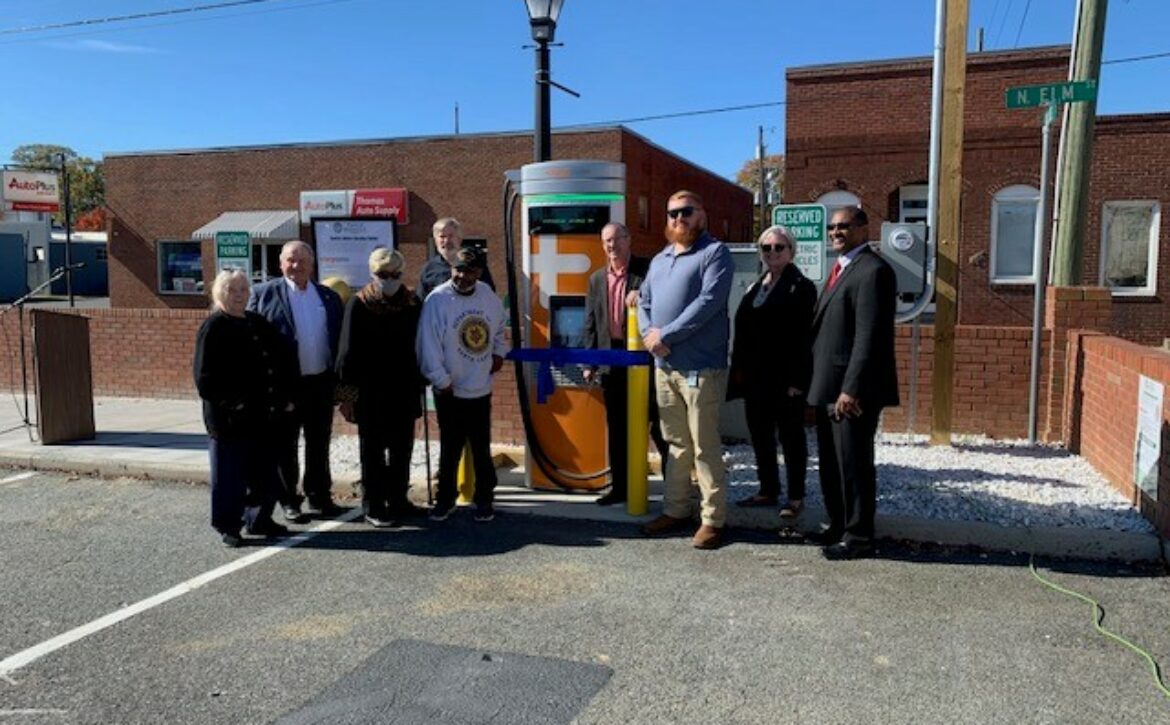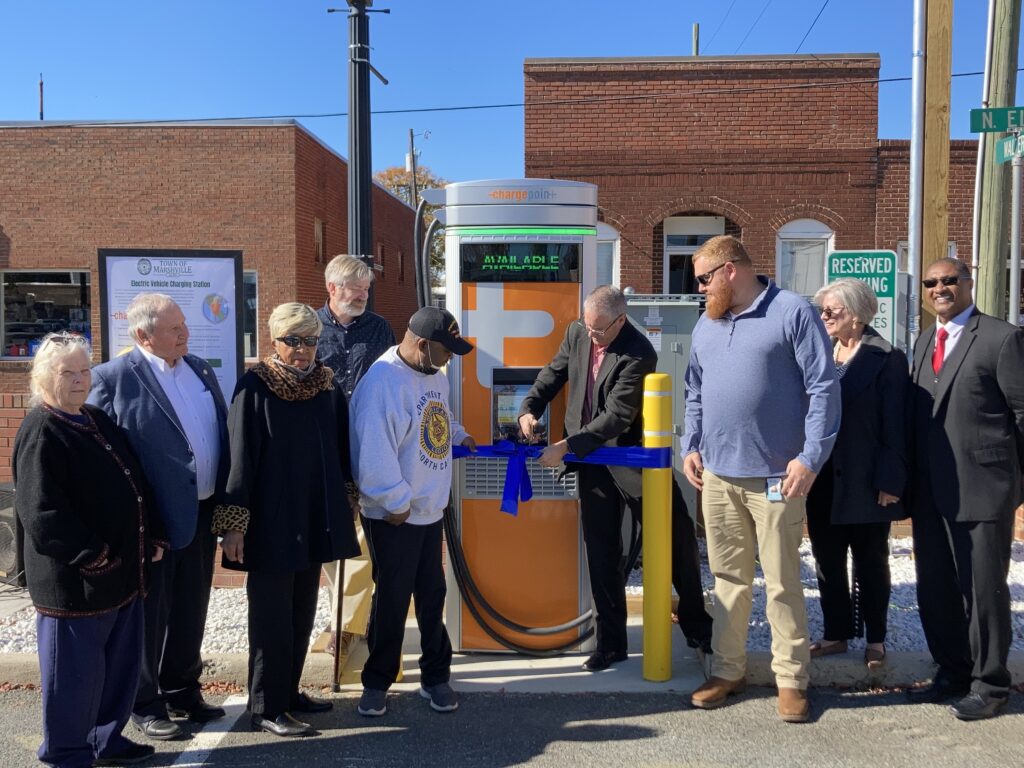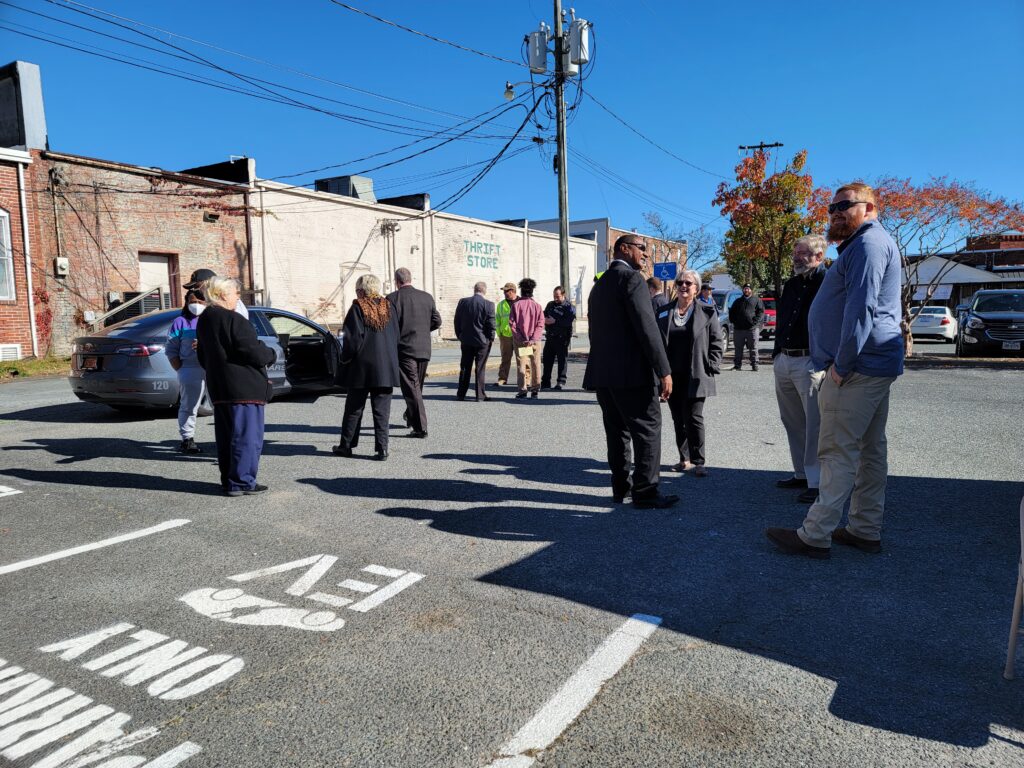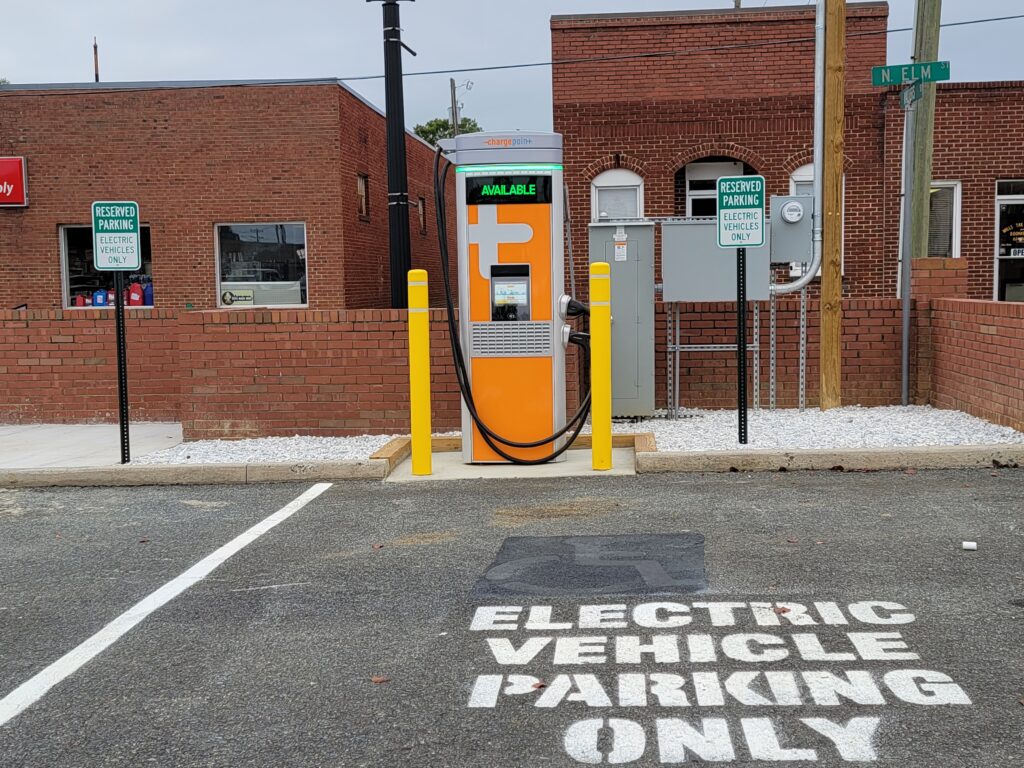Clean Cities Directors from Across the Nation, Including Centralina Clean Fuels Coalition’s, Awarded for Industry Contributions
Clean Cities Coalition Directors were recently awarded the Impact Award at the 2023 Clean Fuels Alliance America annual awards in Tampa, Florida. These individuals represent more than 75 Clean Cities Coalitions which serve as the foundation for the Department of Energy’s Clean Cities program. These coalitions bring together more than 20,000 stakeholders across the public and private sectors throughout the United States. Through these coalition’s efforts to use alternative and renewable fuels, foster fuel economy improvements and promote new transportation technology, Clean Cities Coalitions support the creation of industry and gasoline alternatives.
The Centralina Regional Council is proud to host the Charlotte region’s DOE Clean Cities affiliate, the Centralina Clean Fuels Coalition (CCFC). “We work with fleets, fuel providers, community leaders and stakeholders across the greater Charlotte region to promote the use of alternative fuels and reduce overall emissions and traditional petroleum use. Our stakeholders continually implement innovative advanced vehicle technology projects that support our communities, such as the recently completed PoleVolt curbside EV charging demonstration project,” said CCFC’s Director, Jason Wager, AICP CEP.
CCFC is honored to receive this award in recognition of regional efforts to reduce the amount of petroleum used in transportation. During 2020, CCFC worked with partners in the Charlotte region to reduce the annual energy impact to ~3million gasoline gallon equivalents and reduced carbon dioxide emissions by over 16,000 tons.
To learn more about emissions reductions in the Charlotte region, please visit the CCFC website. You can also learn more about the full list of award winners on the Clean Fuels Alliance America website.
